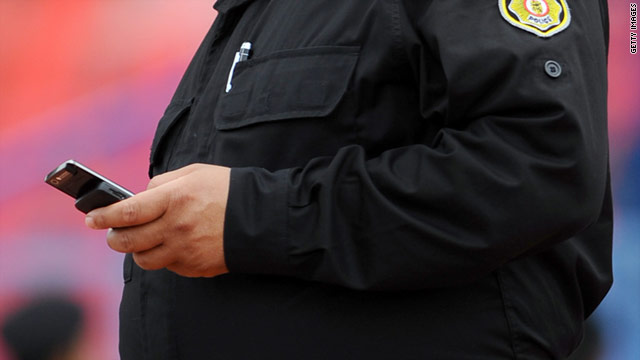Earlier this year I wrote an article about whether the police had the right to search your laptop when you are passing immigration into the USA. The discussion has moved on however, and this week there is a Supreme Court case about whether the police have to right to search an individual’s mobile phone when they are stopped upon suspicion of having committed a crime.
Given the UK governments discussion about the stop and search powers currently in use, there are some serious questions to address here. We now carry our lives with us on our mobile devices. To call them phones is to do them an injustice, they are computers with the possibility of making phone calls. They have our medical, personal, business, banking and emotional data, and the question is whether this is public or private information if the police stop you.
Here in the USA the law has allowed police to search these devices without a warrant, although they could not search your computer in your house without a judge’s permission, and this seems to be an anomaly given changes in how we carry our lives with us.
The case before the court involves David Riley, who was pulled over for driving with expired license plates in 2009. When his car was impounded and inventoried, police found guns in the boot and decided to investigate further.
They looked into his phone and found evidence that he might be in a gang, they downloaded videos, contacts etc and some of this information was used to convict him.
Here in the US the case has been followed by journalist Nina Totenberg, and she has a fantastic account on her blog. You can either listen to her radio report or read a transcript of it. I have taken some of it below to give you an idea of how the debate is unfolding. The question is of whether a warrant should be required, but the following snippets give an idea of how wide the implications for the debate really are:
“It’s not just what can be looked at,” it’s the fact that information from cellphones can be downloaded and kept in “ever-growing databases.”
A person can be arrested “for anything,” including driving without a seat belt, and the police could search that person’s cellphone and “look at every single email” — including “very intimate communications” — as well as medical data, calendar and GPS information to learn everyplace the person has recently been.
People “choose” when they carry their cellphones with them — and thus they should have “no expectation of privacy” if they are arrested.
So some of the questions could be, when the police stop and search you, what do they have the right to look at? If you are then arrested should they need a warrant to search your mobile devices? Do you have the right to privately carry digital information?

4 thoughts on “Mobile Phones and the Right to Search (and Privacy)”